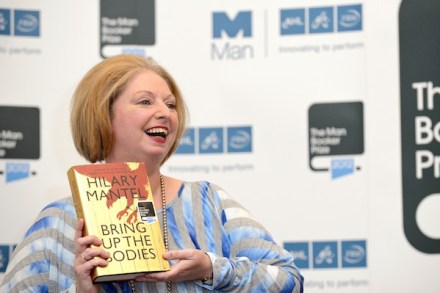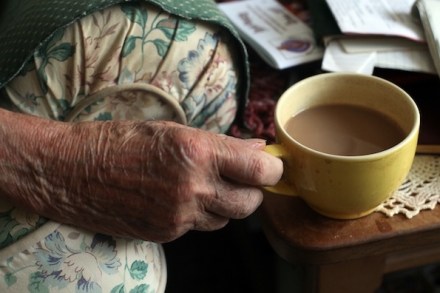Are you driven mad by nuisance calls? There are steps you can take to stem the tide
Nuisance calls are the bane of my life – as are unprompted texts. They assault my mobile at all hours, night and day. I find the calls so annoying and invasive that I now leave my phone on permanent silent which kind of defeats the object of a mobile (I don’t have a landline at home). No wonder most of my friends have given up on me – ‘unsociable ginga, never answers his phone’. Of course, my mother, still as matriarchal as she was 50 years ago when I was wearing shorts, isn’t impressed at all. Voicemail message one: ‘Jeffrey, why didn’t you answer my last call?’ (Jeffrey, as opposed



















